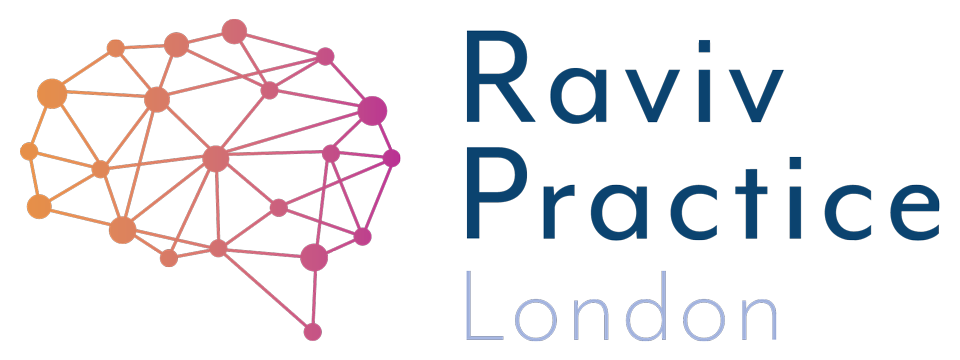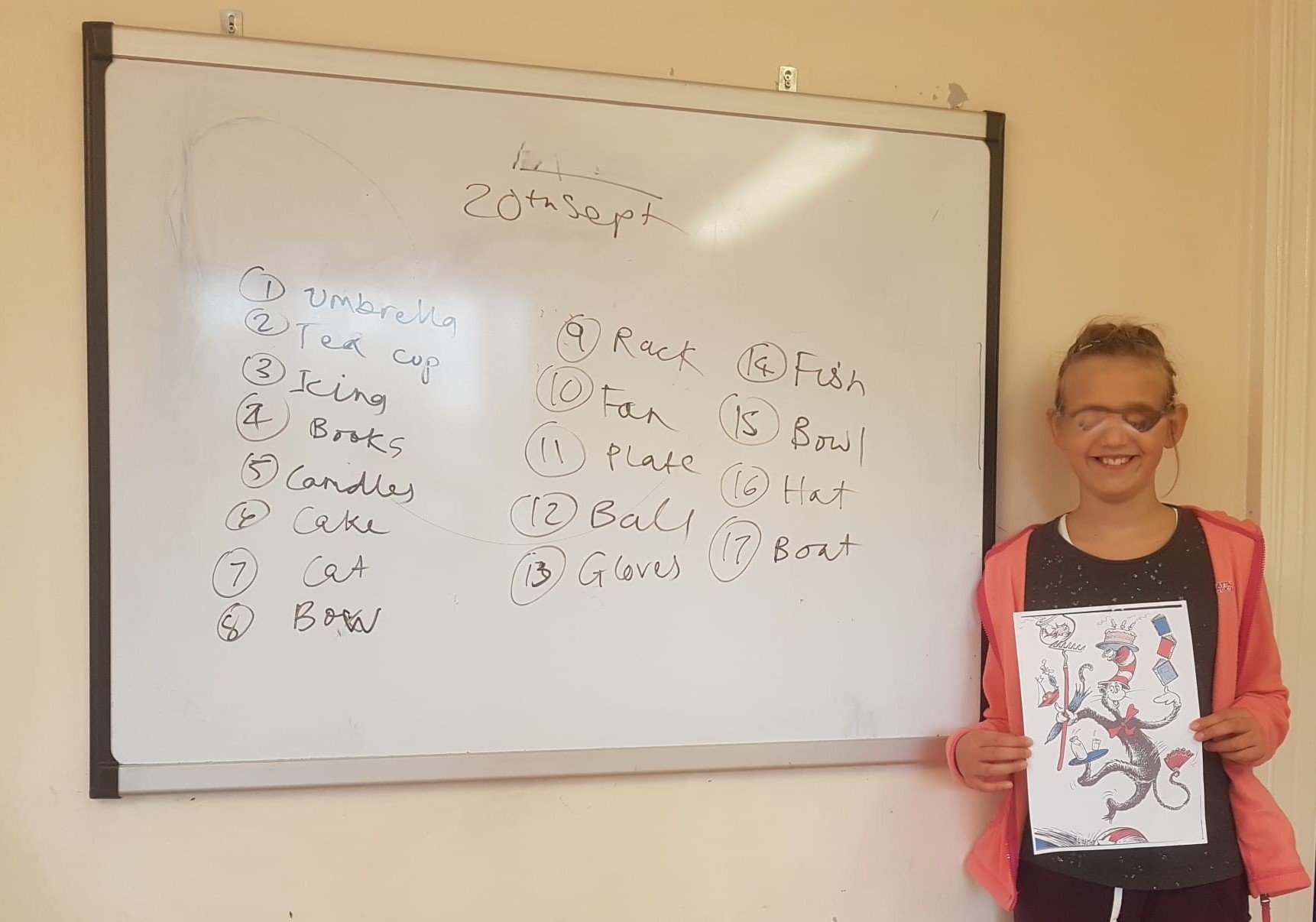
Blog
Usha Patel, Neurocognitive Therapist and Director of Raviv Practice London shares her first-hand experience of working with children /adults and the latest research and upcoming events in her series of blog posts.
Why Cogmed Working Memory Training supports children with dyslexia
Do you have difficulties getting your child up in the mornings? Knowing that your child may not be getting sufficient sleep is worrying.
Sleep is a vital process for children, especially regarding memory consolidation.
Unlocking potential: the transformative power of working memory training
A 14-year-old student struggling academically due to working memory deficits saw remarkable improvement after COGMED training. Targeted working memory exercises help children focus, retain information, and build confidence.
What the Euros 2024 - England Vs Spain taught us about emotional brains
England’s Euros 2024 defeat highlights how strong emotions can challenge rational thinking. For children with neurodiversity, harnessing emotions positively is key to achieving their goals and building success.
Can you tell if your child has dyslexia just by looking at their handwriting?
While issues with handwriting are certainly considered when it comes to diagnosing dyslexia, they are not actually key indicators themselves. Letter or number reversals can occur for a number of different reasons, and concerned parents should look elsewhere for signs of dyslexia in their children.
Are you neurodivergent and struggle with time management?
Many individuals with dyslexia often continue to struggle because of a weak working memory, even long after good literacy skills have been established. So, in a busy work environment that is increasingly flooded with information, professionals need to stay on track, prioritise activities and overcome the constant distractions that slow productivity.
How Tom Daley has shown the nation a few things other than diving…. like knitting!
Tom Daley’s knitting at the Tokyo Olympics showcased more than a new hobby. It highlighted the role of working memory in complex tasks. This blog explores how knitting improves memory, hand dexterity, and skills essential for maths and handwriting development in children.
How can we address post-pandemic education gaps in our children?
Many children missed key developmental milestones during the pandemic. This blog explores how working memory impacts learning and what parents can do to support children struggling to keep up, especially those affected by disrupted early education.
Working memory: your minds muscle
Working memory is like your brain’s mental sticky note, essential for focus, learning, and planning. This blog explains what working memory is, why it matters, and how science-backed tools like Cogmed can improve it.
Training muscles ‘verses’ training the brain
Your brain may not lift weights, but it can be trained for strength. This post explores the similarities between physical and cognitive training, especially how working memory can be improved with tools like Cogmed.
Why is my child always getting so angry and frustrated by everyday tasks?
Poor emotional regulation can obstruct progress, stopping us from achieving our goals. Most adults will find a way to regulate their emotions for the majority of the time, but children need to learn how to navigate their emotional states as they grow. Most of the time, this is all perfectly normal and you will find a way to address it naturally as your child develops.
A parent's guide on how to teach your child to learn to read the time
As a Neurocognitive Therapist, I work with all sorts of curious learning glitches. One that seems to be cropping up more and more in recent years is not being able to read the time. Children, who otherwise have the reasonable ability, are stumped at telling the time from an analogue clock!
What is working memory, and why is it so important?
What is working memory, and why is it so important? If your child has difficulties following instructions, is challenged with mental maths or reading comprehension understanidng working memory is the first thing you need to learn about.
When Dyslexia doesn’t feel like much of a “gift”
For a long time, dyslexia/neurodivergence was poorly understood in education, and only seen in terms of the challenges it created for both those in more old-fashioned schools and those trying to teach them with outdated methods. It can be called many things: being easily distracted, having poor executive function skills or having poor working memory.
Does your child constantly talk about doing things wrong?
We all want our children to grow up confident and happy in their abilities, and able to face life’s challenges with positivity. So, what can we do to help them if they seem stuck in a cycle of negativity about themselves?
Does your child hate reading?
Many children resist reading, not because they can’t learn, but because they don’t see the point or feel anxious about it. Instead of forcing reading, it helps to understand their perspective and find alternative ways to engage them. Using tools like audiobooks, kindle unlimited, and tailored learning strategies can make all the difference.
What is cogmed and is it worth the money?
Cogmed is a clinical software program, worked on at home, on the computer. Raviv Practice London has been using this program since it arrived in the United Kingdom in 2008. We are the leaders in terms of experience and have a track record of working directly with Cogmed (the makers of Cogmed) and then with Pearson Clinical (distributors of Cogmed). At Raviv Practice London, Cogmed is part of a more extensive therapeutic intervention for 90% of our students.
Why Cogmed working memory training can fail
Here, at Raviv Practice London, we have developed a new method that shows more valuable data about the positive effects taking place. While we still use Cogmed as an objective measure, we have also introduced our own, more subjective, measure in the form of a questionnaire.
The “Time Planning Fallacy” and what it could mean for you
For most of us, the seasons don’t affect our time planning very much. We might feel more tired because it is dark when we wake up or come home from work, but usually we still know, for example, that it takes 30 minutes to get to work and plan accordingly. Many of those with ADHD, however, struggle with this because they struggle with measuring time.
How to work with your ADHD to achieve success
ADHD minds are fast, creative and full of potential, but how do you finish what you start? In this blog post learn tools that help you harness your ideas and succeed.
Is your child graduating from nursery to school?
A child’s life is full of milestones, and sometimes it seems like they flash by in a blur! One day they are a tiny infant in your arms, and then suddenly they are off to nursery. It only seems like 5 minutes after that they are getting ready to go to school full-time.






















